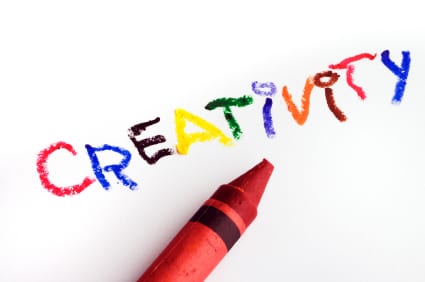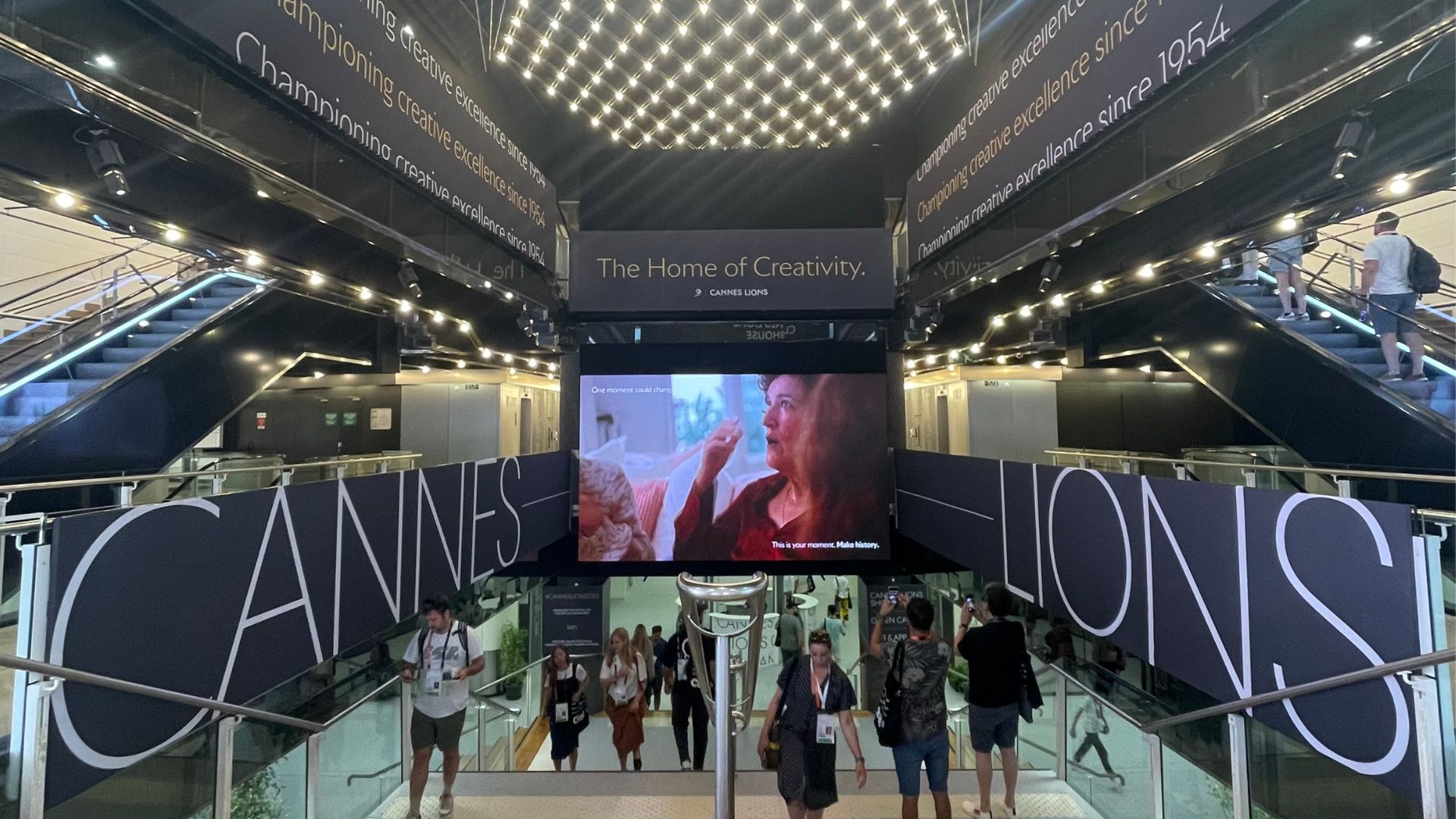Years ago, I savored the nightly ritual of putting my kids to bed. Packing their freshly bathed and powdered pink limbs into fuzzy, warm sleepers; reading, re-reading and re-reading again the stack of children’s books by the rocking chair, and saying good night to the menagerie of stuffed characters who inhabited the bed with them.
And I remember when my son was barely more than two years old how amazed I was at the abilities of his uncorrupted brain. He created elaborate worlds, populated by all his toys; settings and characters that were complex and richly detailed. I remember thinking, “How do I NOT screw this up?” When he was barely four we got our first foreshadowing of his future self when he began directing us to videotape his imaginative scenes. Soon thereafter he began dictating a series of stories that he only wrapped up in a grand finale a month ago, upon graduation from film school. One night as I was saying good night, when he was about 13, he had one of those outrageously wise comments that our kids surprise us with. “I hope I can always remember what it feels like to be a kid.” Looking at his creative endeavors, I think he’s done a pretty good job of that but it wasn’t for lack of effort by the public school system, and sometimes by his well-meaning parents, to squeeze that out of him.
 That is the point that Sir Ken Robinson, author and international advisor on education in the arts, makes in his TED talk, an oldie but a goody.
That is the point that Sir Ken Robinson, author and international advisor on education in the arts, makes in his TED talk, an oldie but a goody.
Children starting school this year will be working well into the 2070s, yet we have an educational system that was designed in the 19th century to prepare them for the industrial revolution. We don’t have a clue what the world will look like in five years, let alone in 30.
To prepare today’s kids for whatever that world might hold, Mr. Robinson argues we must recognize creativity is as important in education as literacy. But instead, we tend to systematically drain our children’s capacity for creativity and innovation. “All kids have tremendous talents and we squander them pretty ruthlessly.”
To understand the importance of this observation we have only to look at ourselves and our performance in the workplace, where we think of ourselves as doing things of great value. Compare that to the time wasted by kids playing video games.
Video games are designed to be entertaining but even if adults find the storylines engaging, we have little patience for them because we hate getting it wrong. You have to fail a lot at a video game before you succeed. Kids are willing to do that. They are not frightened or embarrassed by making mistakes. At least not until adults and our education systems shame them into that fear.
“Being wrong isn’t the same as being creative,’ says Mr. Robinson. “But if you’re not prepared to be wrong, you’ll never come up with anything original.”
Our mission then, is to see our creative capacities for the riches they are, to see our children for the hope they are, and to educate whole beings so they can face the unknown future and adapt to it.
This article first appeared on the HolmesReport.com.


